Terrorists want Nigeria to erupt in religious war – NIREC Executive Secretary
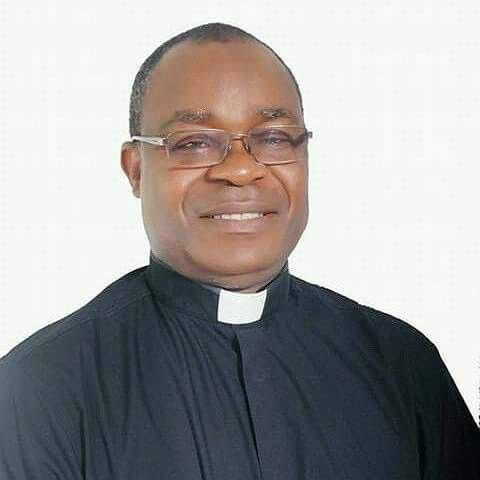
Key Points:
-
NIREC has averted crises in Nigeria, but intervening and engaging parties to conflicts
-
Greed is responsible for religious conflicts in Nigeria
-
Many Christians don’t know much about Islam; and vice versa…
-
Why we have religious crisis in Nigeria
-
Amnesty for terrorists: We must learn from Aghanistan’s ugly experience
-
How NIREC speaks truth to power
Rev. Fr. Prof. Cornelius Afebu Omonokhua, the Executive Secretary, Nigeria Inter-Religious Council (NIREC) and Secretary General of the West Africa Inter-Religious Council, hails from Irekpai, Edo State. He is a Catholic Priest of the Catholic Diocese of Auchi. He was the Director of Mission and Dialogue department of the Catholic Secretariat of Nigeria and Consultor of the Commission for Religious Relations with Muslims (CRRM), Vatican City. He is the author of several books on inter-religious dialogue and peace studies. Fr. Omonokhua, in this interview, speaks about his experiences in conflict management and peace-building in Nigeria. Below are excerpts from this interview.
By Daniel Adaji
I have been in dialogue business since 1991. I started mediating officially in NIREC since 2020. What happened is that we discovered that the root causes of violence are hate speech, social media, print media, and electronic media. So, I started my writing by making sure that every week I wrote articles to address the national and social issues in 55 newspapers. For instance, in Daily Trust, The Guardian, and Catholic diocesan newspapers. Then we tried also to track what was happening on the print media by way of monitoring and evaluation.
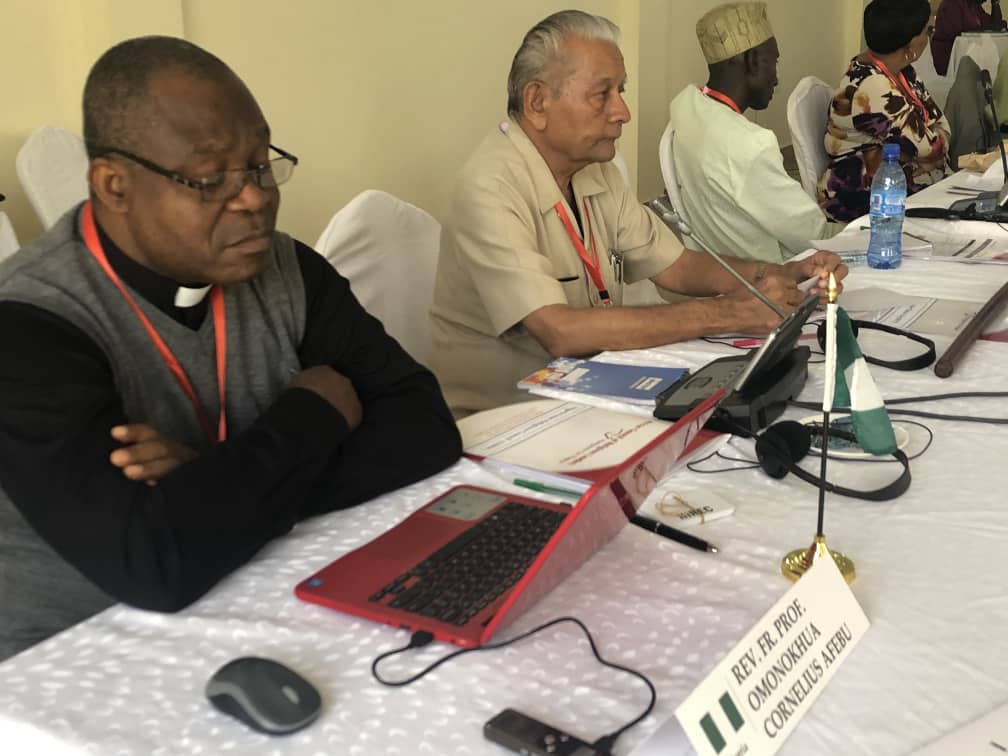
In NIREC, we are doing a lot to bring about peace in Nigeria. For instance, NIREC has since December (2021) been having dialogue with Academic Staff Union of Universities (ASUU) trying to reconcile them with government. We have met with ASUU thrice and with the presidency once. So, I start from the very last instance of our engagement, to let you know what we have been doing. If not for NIREC, ASUU would have been on strike in December 2021.
The root causes of violence is hate speech, the media i.e social media, print media, and electronic media
Secondly, since I came on board, in 2020 there was a serious crisis in Jos, Plateau State. The Sultan, His Eminence Muhammad Sa’ad Abubakar, who is the co-chairman and President-General of the Nigerian Supreme Council for Islamic Affairs, and the President of the Christian Association of Nigeria (CAN), Rev. Dr. Samson O. A. Ayokunle with the Secretary to the Government of the Federation, Boss Mustapha had to visit Jos to promote peace and reconciliation.
But before then, the Sultan had been talking to the Muslims and Fulanis in Jos, not to do a reprisal attack and the CAN president too was talking to the Christians not to do the same. Because of that, there was no reprisal and because of our interest in Jos crisis, we invited the Governor of Plateau State, Simon Lalong to NIREC meetings twice. The governor was very good, he made sure we had the meeting with relevant stakeholders in the state.
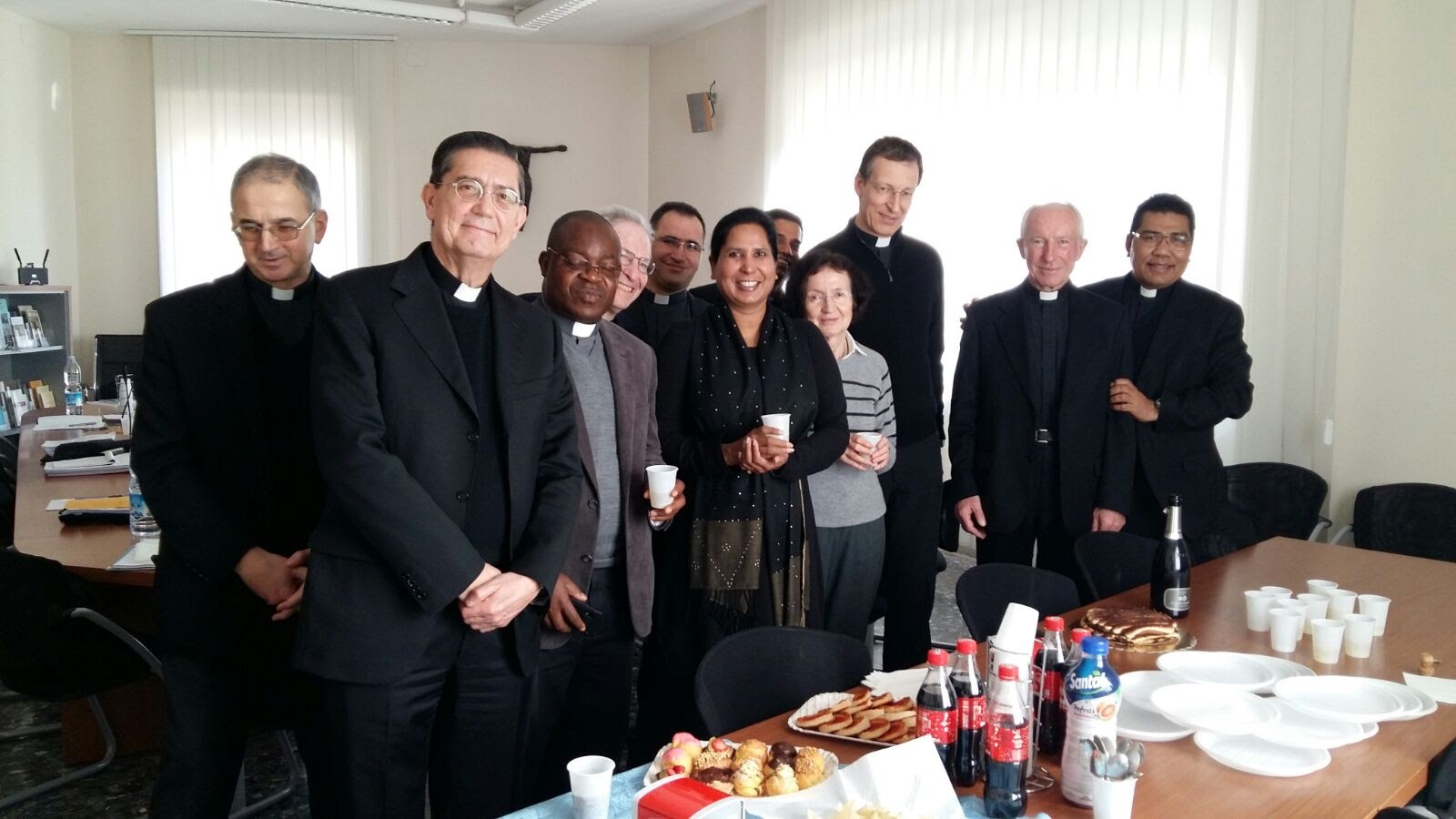
When there was crisis in Port Harcourt, Rivers State, when it was alleged that a mosque was demolished, we went into that peace meeting to resolve it. We invited the Chief Imam and other stakeholders of that incidence. Later, we were able to discover the truth, that actually it was a foundation that was affected, not a mosque. There was no mosque standing there.
When we heard that there was going to be crisis in Kaduna State; that a church that has lasted for over a hundred years was going to be demolished, NIREC intervened. In all these, NIREC under the leadership of the co-chairmen were in constant contact with the government officials who were in charge of the areas in question.
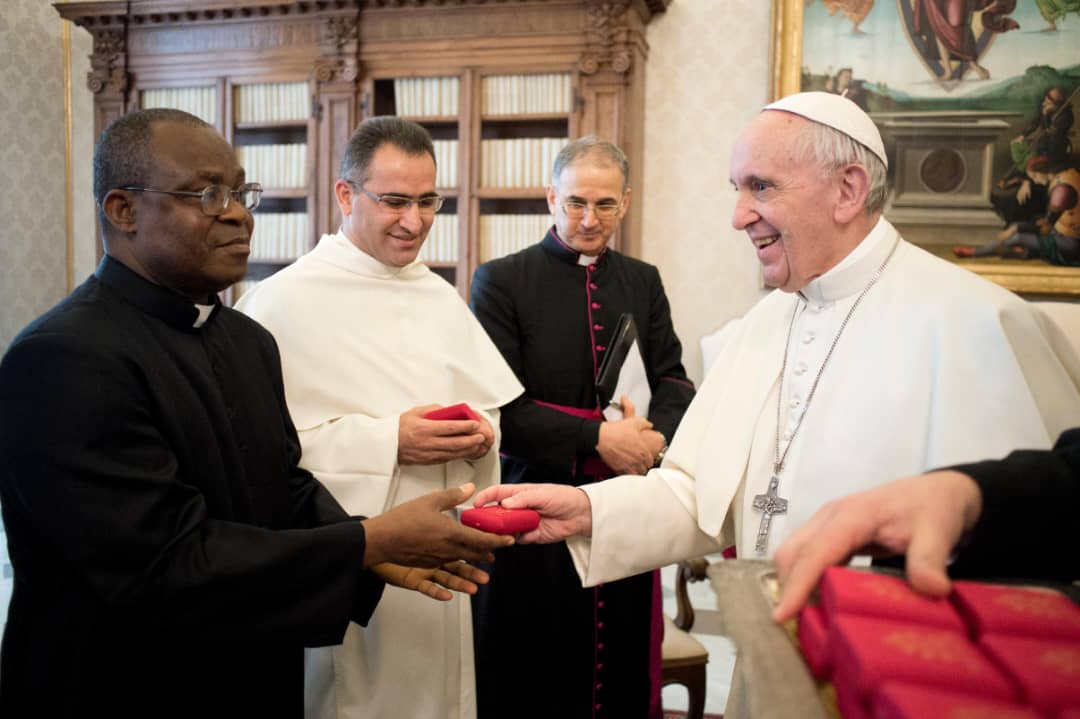
Let me explain to you the development in NIREC. At the inauguration of NIREC on the 29th day of September, 1999, the Executive Secretary / Co-Ordinator was on part time. With the review and amendment of the constitution on the 12th day of the Month of March in the year 2020, the position of full-time executive secretary was promulgated while the position of the coordinator was abrogated given that the executive secretary can combine both functions. That is why I told you that officially, I started work as full time Executive Secretary in 2020. Otherwise, I started work in NIREC in 2018 as the Executive Secretary. NIREC is a non-governmental organization but the government appreciates the work of NIREC in assisting government to promote peaceful co-existence.
This is why the government provides NIREC with office space in the Federal Secretariat Complex and assist NIREC to fund some of their activities.
If you are far from government, you will not know what is happening
The NIREC is formed by two bodies: the Nigerian Supreme Council for Islamic Affairs (NSCIA) and the Christian Association of Nigeria (CAN). The President General of NSCIA and the President of CAN are the co-chairmen of NIREC. The membership of NIREC is 30 Christians and 30 Muslims. But before the 2020 constitution as amended, the membership was 25 Christians and 25 Muslims. NIREC has Women of Faith Network and NIREC Youths Forum.
You’ve been involved in dialogue since 1991 and on the Daily Trust on Sunday has published many of your writings on this subject-matter. I would like to know what is it that Christians misunderstand about Islam and what is it that Muslims misunderstand about Christianity, which lead to crises?
Misunderstanding is not what actually leads to crisis. First, there is this mutual suspicion. This mutual suspicion is based on the fact that a lot of people don’t read. Many Christians don’t know much about Islam and a lot of Muslims don’t know much about Christianity. If Muslims understand Christians and if Christians understand Muslims, there would be no problem. But I want to say, too, that in Nigeria, there’s really no conflict between Christianity and Islam. But there’s conflict between Christians and Muslims.
For example, I told you we have two major bodies. If CAN goes to their own meeting to plan on how to attack Muslims in the name of Jesus Christ, they will say they are carrying out a Christian crusade; If the Nigerian Supreme Council goes to their meeting and plan to kill Christians it becomes a religious war. Christians and Muslims can have misunderstanding but very often it is not based on doctrine
In Nigeria, there’s really no conflict between Christianity and Islam. But there’s conflict between Christians and Muslims.
Sometimes, political leaders weaponize hunger and poverty and use religion and ethnicity to feed their greed.
Now, what is the major difference between the doctrinal teachings? For example, Muslims believe in the Blessed Virgin Mary and the only woman who has the whole Surah to her name. Muslims believe in Jesus Christ as the Prophet called Isa. Christians and Muslims believe that we are descendants of Abraham.
We believe that there’s one God but the concept of this God is different. Whereas most Christians believe in a Trinitarian God, Muslims believe in absolute monotheism. There was this peaceful coexistence between Christians and Muslims right from the beginning. Right now, you will discover that at the elite level, you do not see Muslims and Christians fighting.
This is why I keep saying that the problem of this country is not religion. When you look at the problem very closely, it is just one word, greed. Religion and ethnicity are very sensitive tools so, some of our office holders, politicians use these to achieve their political desires.
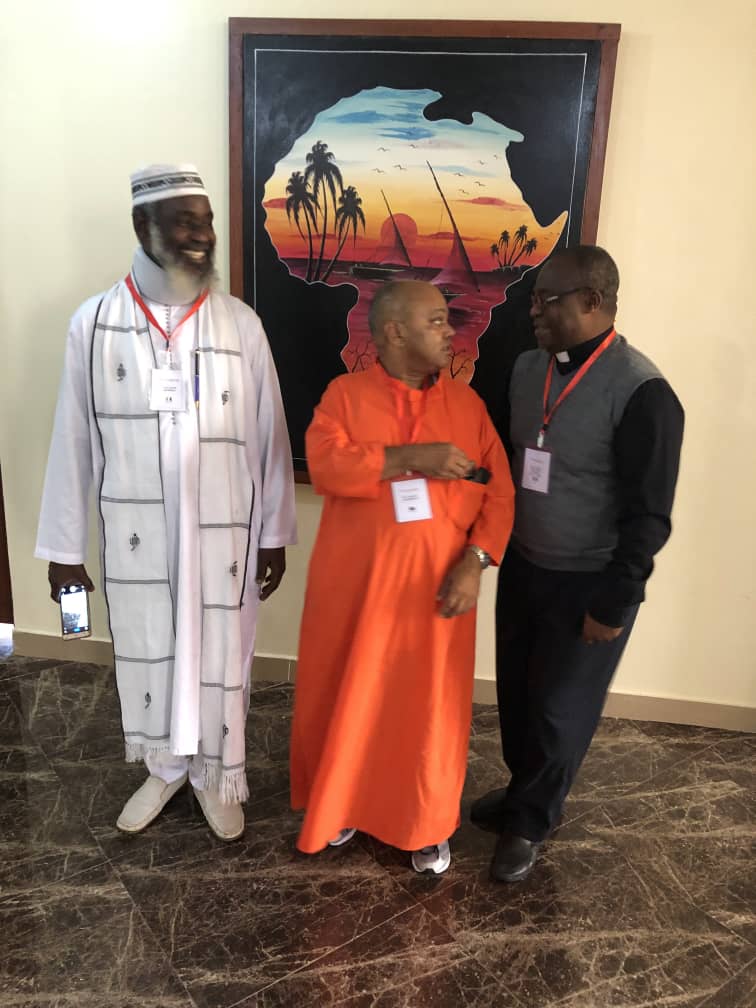
I will give you a very clear example. The foundation of Boko Haram was not based on religious differences; it was the Governor of Borno State at that time who wanted Mohammed Yusuf to organize it for them to be able to win elections. It was alleged that they had an agreement that was not kept and that resulted into conflict. Yes, the election was won but the promise was not delivered. Mohammed Yusuf was arrested and killed extra judicially. Initially, Boko Haram was not attacking religious institutions and killing innocent civilians. They were attacking government facilities and the police because they thought that they were carrying out a political reprisal.
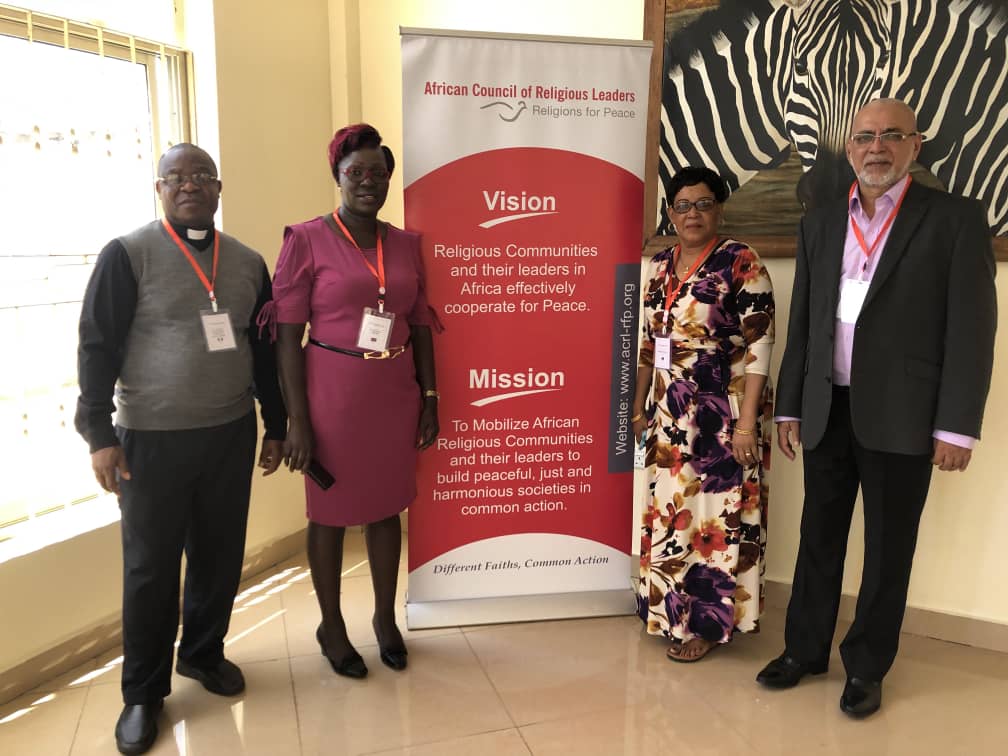
The terrorists have a strategy. One of the strategies is to cause religious war. So by the time they bomb churches and kidnap Christians, and behead them, then it will look as if Christians and Muslims are fighting. I say that there is no conflict between Islam and Christianity. On their part, Muslims have come out openly to say that the action of Boko Haram does not represent Islam. For instance, there was a young man in Borno State who wanted to join Boko Haram; his parents denounced him. It was alleged that the boy came back and got his colleagues to rape his mother.
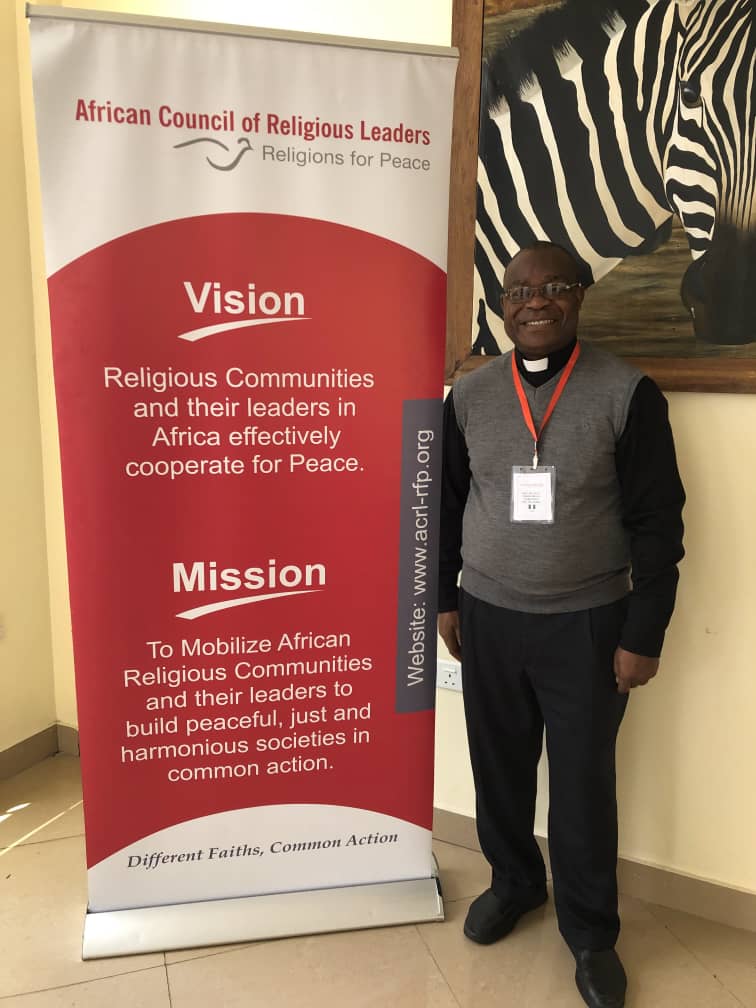
When you want to look at the problem of this country, we have to shift a little bit from the President. Yes, it is good that the President should know better and he should be resilient, he should take action against terrorists and injustice. He can tell the military to wipe out all these terrorists but you need human agents to do that. What if the agents are not willing? What if you pump money into this agenda and the money is not well spent? So you could see that greed is the bedrock of our problem. Even kidnapping is greed; ritual killing is also greed.
Greed has eaten deep into the society. In this federal secretariat, even the security wants to be tipped. So what Nigeria needs, from my experience on this long serving inter-religious dialogue since 1991, is mental re-engineering and change of values. We need to know that when you die, you will not need material things and that the spiritual takes priority. Like a question in the Catechism of the catholic church, “which do you take care of more, your body or your soul?” The answer is your soul, because Jesus said, “what does it profit a man if he gains the whole world and loses his soul?” In those days when I was growing up, if you don’t want to be cheated you patronize the Hausa Muslim trader. Once they tell you “Gaskiya” that is the truth. They will not cheat you. Islam forbids cheating.
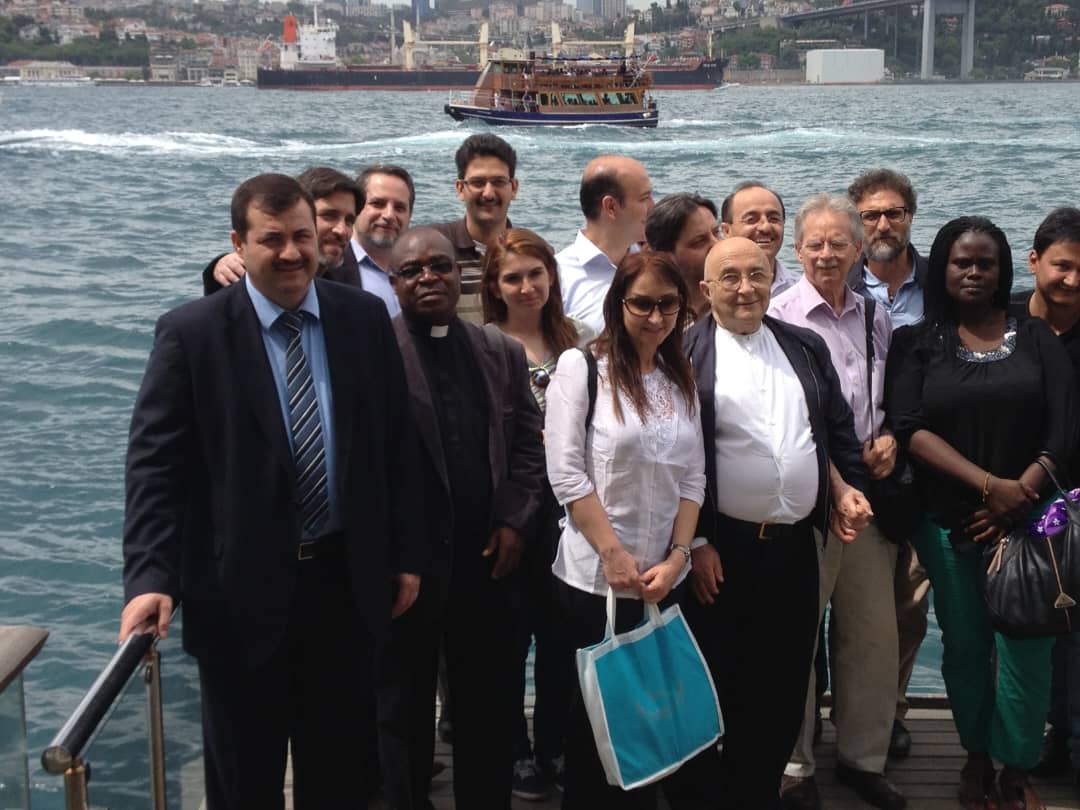
Intra-religious conflict is more deadly and dangerous than inter-religious conflict. Take, for example, the Shiites saga or when denominations are attacking the other denominations. Now, some Muslims have come out boldly to say, “Voting based on religion and ethnicity that has been a practice in the past has not help the nation to develop.” I cannot go to the pulpit and say vote for a Catholic or vote for a Christian but I can say vote for a credible Nigerian. So, we have to think Nigeria before we start thinking ethnicity and religion.
In the course of your Dialogue and activities at NIREC, have you had talks with terrorists or bandits? And if you did, what did you discuss with them?
First of all who is a terrorist?
First of all, who is a terrorist? How do you know a terrorist? Terrorists are dialogue partners with government and security agencies. I have not seen one talk less of dialoguing with them
Let me use the word Boko Haram, ISWAP?
If you go to Borno State, you will be eating and drinking with somebody you won’t know that the person is a terrorist or a Boko Haram. But I have had encounter with somebody in the United Kingdom who had an encounter with both Abubakar Shekau and Mohammed Yusuf. He was the one who told me the story that I just narrated, about a young man who brought Boko Haram to rape his mother.
But then, I will like to let you know that there is what they call partners in dialogue. Boko Haram is not our partner in dialogue. As far as they are not religious groups, according to the Muslims. What we are saying actually is that Boko Harams are criminals and they should be dealt with as such. Their partners in dialogue are the security agents who should make them to face justice.
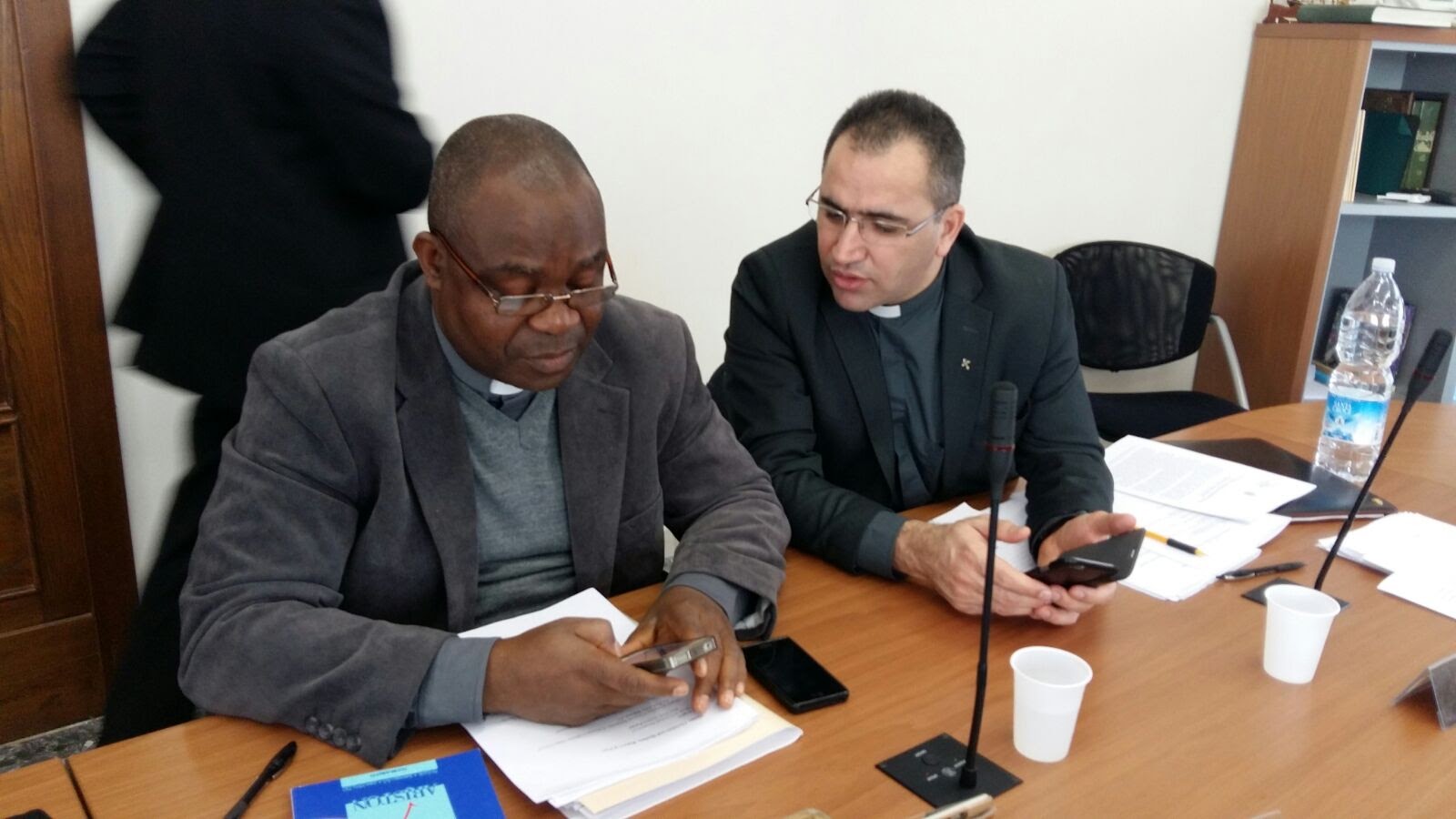
When you look at the after-effect of the activities of bandits or Boko Haram there are lots of cases, people have been displaced from several parts of these country. How is NIREC intervening to help cushion the effect of the violence and crisis of those in IDPs?
First, by visiting them, giving them relief materials and very often this is done at the state level. Remember, government also invests a lot in IDPs and even if we want to go and intervene in IDPs, we still have to inform the government.
We visit them and provide counseling and therapy for them. But actually, we don’t have direct dealings with IDPs. We encourage government to do something about the IDPs. The NIREC assists government to carry out governance to fight for justice and peace.
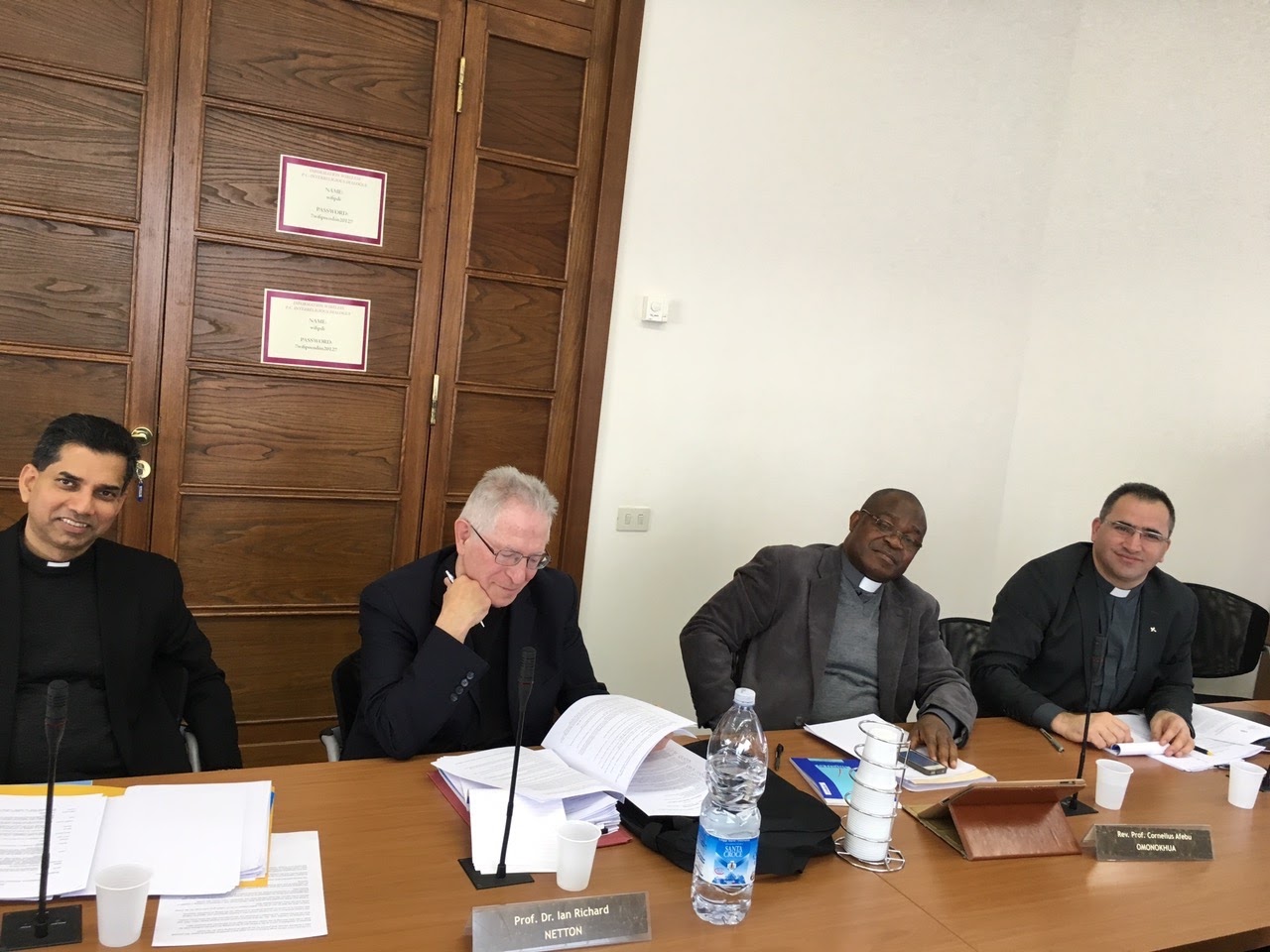
Can you give examples of some of the ways you have counseled the government and they have taken your counsel?
For instance, in order to prevent ASUU strike in 2022, we went to visit the president and we told him that as long as you are a religious person, the religious leader is your boss when you are in the mosque and church. After our discussion with him, the president set up a committee to be headed by the Chief of Staff in dealing with ASUU crisis. Why did we do that? The students affected are either Christians or Muslims; and the lecturers in question are Christians or Muslims, government, operators of governance are either Christians or Muslims, too.
Apart from your writings, have there been any deliberate efforts to enlighten Nigerians on the need for dialogue?
We have made a lot of presentations on African Independent Television, AIT and National Television Authority, NTA and we have a programme to enlighten the public, we have used that a lot. Also, we have seminars. Remember, there are different forms of dialogue; dialogue of religious experience where you have to tell the partners in dialogue what God is doing in their life; dialogue of theological exchange, dialogue of action; dialogue of friendship and dialogue of encounter. We have been able to build bridges along these lines.
But is there anything like a curriculum?
Right now, we are preparing for youth’s summit; we have dealings with university students. I was once in Lafia where I addressed Muslims and Christian students in the university of Lafia. I am also in talk with some of the lecturers in Ahmadu Bello Univerisity, Zaria and some other universities where we think we can actually bring these students together on the platform of Christian –Muslim relations.
Now as Executive Secretary, where do you see NIREC in the next five years?
Somebody once told me that if NIREC had been working seriously since 1999, there would have been no terrorist activities in Nigeria. Again, if NIREC existed since 1960, there would have been no civil war. I believe that by the grace of God, NIREC has the structure that with the efforts of the members, especially the co-chairmen, we can speak truth to power. The NIREC is becoming more and more visible to the public.
When talking about speaking truth to power, that is a lot of work, especially because, to get support from power, you may not be able to tell them the whole truth
The Sultan said recently in our meeting with the President: it is not true that leaders cannot go wrong, leaders can go wrong. But there is a polite way of telling a leader that he is going the wrong way. Speaking truth to power does not mean you are attacking authorities, but you can speak truth to them in a subtle and prudent way.
Okay sir, apart from finance which is a default challenge? What are the challenges facing NIREC?
Well, I think the first challenge is the seeming appearance that dialogue is not working. As we are dialoguing, the terrorists are still killing people. For us it is a big challenge. Another challenge is the mutual suspicion. Those of us who are in the dialogue business, some Christians think that the Christians in it are wasting time, and the Muslims, too, think the Muslims involved in the dialogue are wasting time. A lot of people think that we are not talking to government enough and this is a big challenge.
Does Gumi carry you along in his own dialogue with bandits?
He is not our partner in dialogue.
But how do you evaluate what he is doing?
He is not our partner in dialogue. I have not met him yet.
But how do you evaluate what he is doing?
Well, the Muslims are not in support. But Gumi would have done better if he is doing what he is doing under the platform of the Nigerian Inter-Religious Council. I don’t know him and I have never met him. There was a time I was looking for his number, I couldn’t get it. So, what he is doing is like going to visit them. But in an ideal society, he should have let the government know their leaders, even if he wants dialogue, bring them to the government. Right now, people are thinking that he is compromising.
Do you think amnesty is the way through in dealing with these criminals?
A lot of people have died. Are you going to do amnesty for the dead? They need to be de-radicalized; they should be sentenced. See what happened in Afghanistan, because they were giving the criminals amnesty, and recruiting them back into the army, they launched an onslaught against the government and sacked a democratically elected regime. So the enemy within is more dangerous than the enemy without; that is why they were able to overrun Afghanistan.
Now as a priest, what should be the attitude of Christians towards the sectarian crisis in this country?
There is a lot of good about Islam. Whenever you do something bad, you are giving a bad impression about your religion. I wrote an article on how to defend your religion. You defend your religion by representing the true values of that religion. So, I will beg my Christian brothers to live the true values of Christianity, by being like Jesus. And if they must act, they should ask themselves: if Jesus were in my shoes, how will he act in any given situation?
What other message do you have for our leaders?
My message for my leaders is that they should have hope in Nigeria. Like I tell people if I die and I will come back to the earth again, and God says where do you want to go, I will say I want to come back to Nigeria my country. This is because there is no country that has a lot of freedom like Nigeria. I have traveled far and wide; the most generous country in the world is Nigeria. I will like us to have hope that it is well and one day, Nigeria will get it right.
Europe that we run to everyday were in war for many years? Americans were slaves in the past but they were able to braze up.
We need to change our attitudes and our values. The president, governors and those in the House of Representative can do their work better if they have better human agents to work with.
The Insight Report
Nigeria Coverage

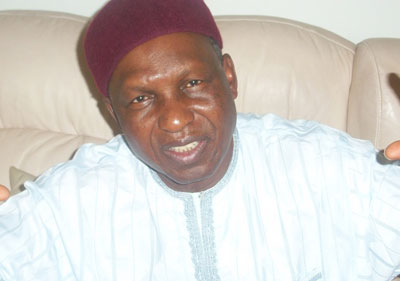
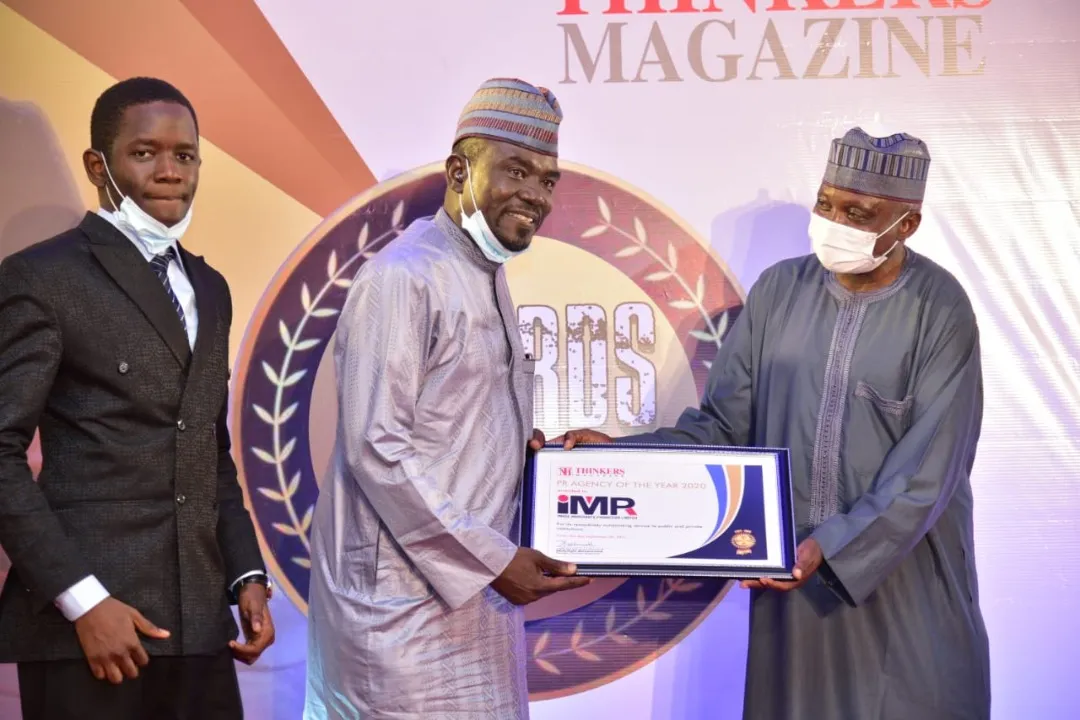

One Comment